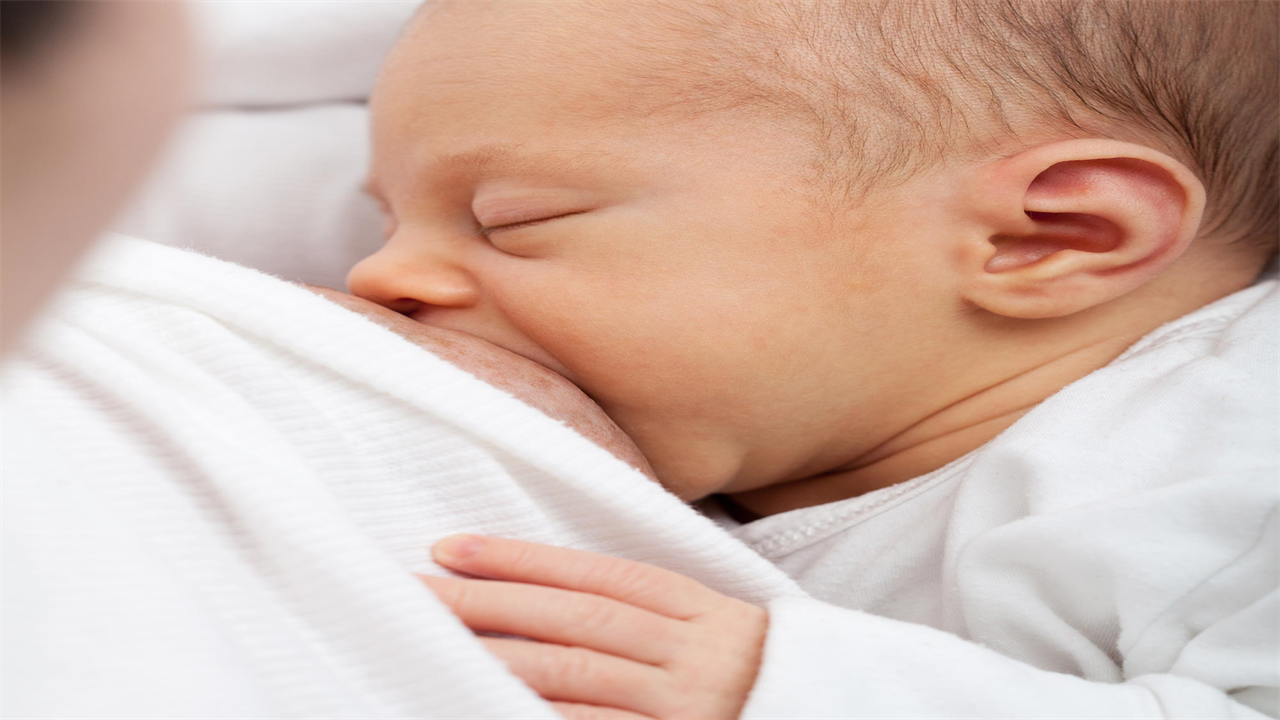No Sign of Pfizer or Moderna COVID-19 Vaccines in Breast Milk
0 View
Share this Video
- Publish Date:
- 19 July, 2021
- Category:
- Covid
- Video License
- Standard License
- Imported From:
- Youtube
Tags

Small UCSF study points to vaccine safety for pregnant and lactating women.
Messenger RNA vaccines against COVID-19 were not detected in breast milk, according to a small study from UC San Francisco, providing early evidence that the vaccine mRNA is not transferred to the infant.
The study, which analyzed the breast milk of seven women after they received the mRNA vaccines and found no trace of the vaccine, provides the first direct data on the safety of vaccines during breastfeeding and could allay concerns among those who have refused vaccination. or have stopped breast-feeding for fear that vaccination could alter breast milk. The article appears in JAMA Pediatrics.
Research has shown that vaccines containing mRNA inhibit the transmission of the virus that causes COVID-19. The study analyzed the Pfizer and Moderna vaccines, both of which contain mRNA.
The World Health Organization recommends that breastfeeding people be vaccinated, and the Academy of Breastfeeding Medicine has said there is little risk of vaccine nanoparticles or mRNA entering breast tissue or passing into milk, which theoretically could boost the baby’s immunity. can influence.
“The results reinforce current recommendations that the mRNA vaccines are safe when breastfeeding and that lactating individuals receiving the COVID vaccine should not stop breastfeeding,” said corresponding author Stephanie L. Gaw, MD, PhD, assistant professor of Maternal- Fetal Medicine at UCSF.
“We did not detect the vaccine-associated mRNA in any of the milk samples tested,” said lead author Yarden Golan, PhD, a postdoctoral researcher at UCSF. “These findings provide experimental evidence regarding the safety of using mRNA-based vaccines during breastfeeding.”
The survey was conducted from December 2020 to February 2021. The average age of the mothers was 37.8 years and their children ranged in age from one month to three years. Milk samples were collected prior to vaccination and at various times up to 48 hours after vaccination.
Researchers found that none of the samples showed detectable levels of vaccine mRNA in any component of the milk.
The authors noted that the study was limited by the small sample size and said further clinical data from larger populations was needed to better estimate the effect of the vaccines on lactation outcomes.
Reference: “Evaluation of Messenger RNA From COVID-19 BTN162b2 and mRNA-1273 Vaccines in Human Milk” by Yarden Golan, PhD; Mary Prahl, MD; Arianna Cassidy, MD; Christine Y. Lin, BA; Nadav Ahituv, PhD; Valerie J. Flaherman, MD, MPH, and Stephanie L. Gaw, MD, PhD, July 6, 2021, JAMA Pediatrics.
DOI: 10.1001 / jamapediatrics.2021.1929
Co-authors are Mary Prahl, MD; Arianna Cassidy, MD; Christine Y. Lin, BA; Nadav Ahituv, PhD; and Valerie J. Flaherman, MD, MPH, all of UCSF.
The research was supported by the Marino Family Foundation; the National Institutes of Health (grant numbers K23AI127886 and K08AI141728); the Weizmann Institute of Science-National Postdoctoral Award Program for Advancing Women in Science; the International Society for Research in Human Milk and Lactation Trainee Bridge Fund; and the Human Frontier Science program. The explanations can be found in the newspaper.










